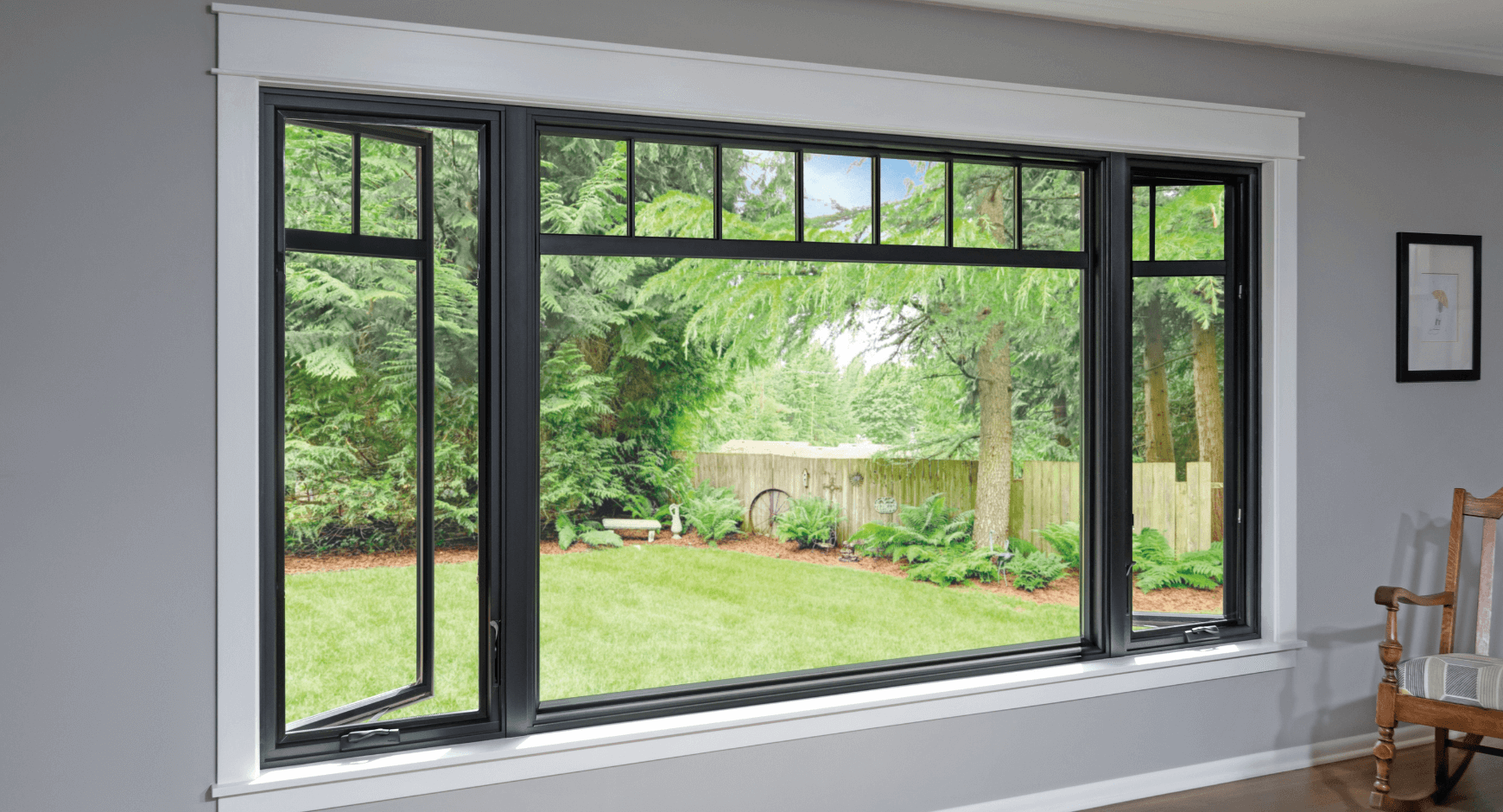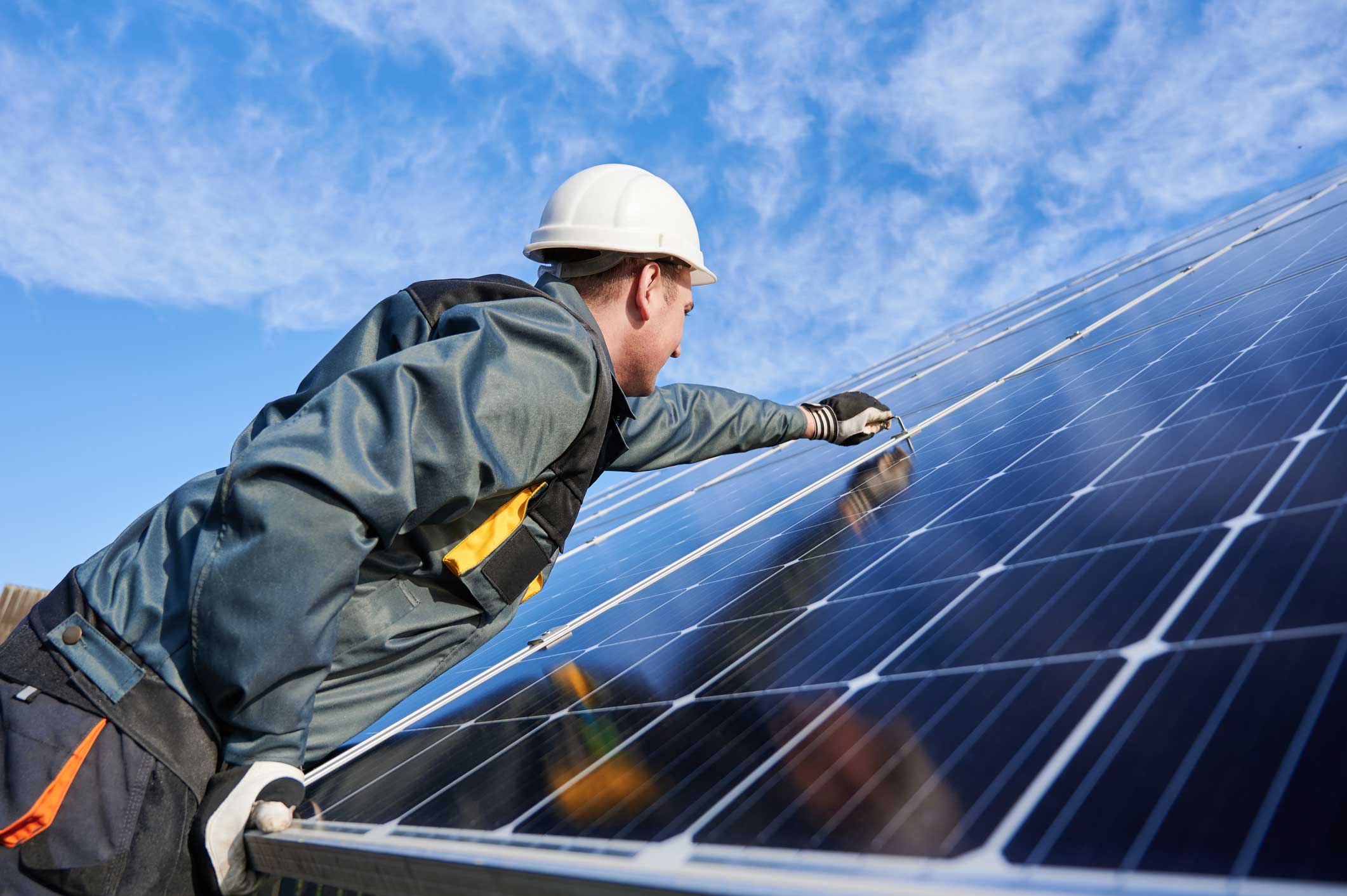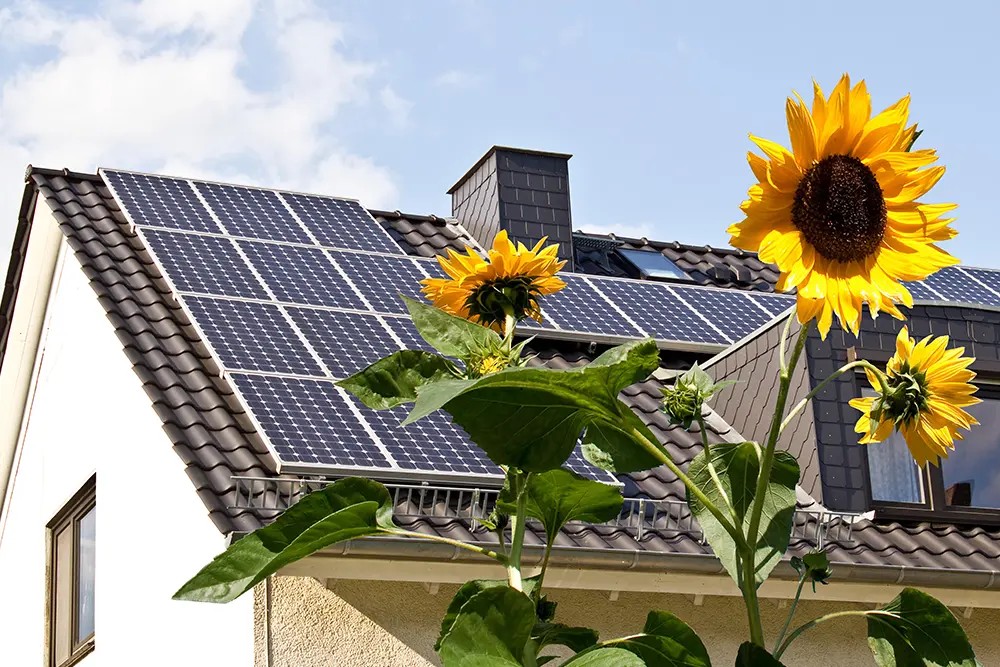Have you ever dreamed of powering your home with the sun’s endless energy?
Imagine saying goodbye to electric bills and hello to a greener, cleaner way of living. That’s what an off grid solar system can do for you! This ultimate guide is your first step to designing a system that’s just right for your home.
We’re going to walk you through everything you need to know, making it super easy and understandable. Get ready to harness the power of the sun!
Assess Energy Needs
First up, you want to figure out how much energy you actually use. Check your past electric bills to get an idea. This step is key because knowing how much energy you need helps in picking the right size solar system for your home.
Then, think about stuff in your house that uses electricity. You have the obvious ones like lights and the fridge.
Site Assessment
Now, it’s time to look at where your solar panels will go. You want them to catch as much sunlight as possible. The best spot is usually a roof that faces south, but a piece of land that gets plenty of sun works too.
Think about whether there are trees or buildings that could shade your panels. Even a little bit of shade can make a big difference in how much energy your panels can gather. If there’s a lot of shade, you might have to think about trimming trees or finding a different spot.
Size Solar System
Deciding on the size of your solar system is a big step. You want to make sure it’s big enough to meet your energy needs but not so big that you’re wasting money on power you won’t use. A good rule is to base it on the average amount of electricity you use in a month.
To figure this out, you can look at your past electricity bills or talk to a solar professional who can help you estimate. They’ll consider things like the sunshine your site gets and the efficiency of the solar panels you’re thinking about getting. This way, you get a system that’s just right for your home.
Component Selection
Alright, picking the right components for your solar system is the next step. You’ll need things like solar panels, batteries for storing energy, and an inverter to change solar power into electricity you can use. It’s important to choose quality parts that fit your budget and meet your energy needs.
Look for solar panels that are efficient and have a good warranty. For batteries, consider how much energy you’ll need to store for times when the sun isn’t shining. And lastly, make sure your inverter is the right size for your system to ensure it can handle the electricity you’re generating.
System Design and Wiring
Now we’re getting to the fun part – putting it all together with system design and wiring. You need to figure out how your solar panels, battery, and inverter will all connect. It might sound a little tricky, but remember, it’s all about making sure they can talk to each other and work smoothly.
Next up, safety first! You have to make sure everything is wired properly to prevent any accidents. This might mean getting a professional to help you out. They’ll know exactly how to connect everything safely so you can start using your solar power without any worries.
Installation
Installation is a big moment-it’s when your solar system starts to come to life. You might decide to install the system yourself if you’re handy and comfortable working with electrical systems. However, most people find it easier and safer to hire professionals who know exactly what they’re doing.
A home solar installation company will take care of everything from putting up the panels to connecting your system to the electric grid. You can have an additional reading here so you can learn more about the installation process and what to expect.
Once your system is installed, it’s time to turn it on and start generating your own electricity. You’ll need to check with your local government about any inspections or permits needed before you get started. After everything is approved, you can switch on your system and begin enjoying the benefits of solar power in your home.
Maintenance and Monitoring
Keeping your solar system happy means checking on it now and then. Just like you clean your house, you should clean your solar panels to make sure they’re getting as much sun as possible.
If something seems off, don’t worry. You can often find help online or call the company that installed your system. They’re there to make sure everything works right, so you can keep enjoying your clean, solar energy without any hiccups.
Financial Considerations
Now, talking about the money part, you’ve got to think about how much you’re willing to spend on your solar system. It’s not just about buying the parts; you also need to consider the cost of installation and any future maintenance. Luckily, many places offer incentives like tax breaks or rebates to help with the cost, so be sure to check those out.
Another thing to keep in mind is how much you’ll save in the long run. By using solar energy, you’re cutting down on your electric bills. Over time, these savings can add up, helping your solar system pay for itself and then some.
Sustainability and Environmental Impact
Switching to a solar system is a significant step towards reducing one’s environmental footprint. It allows homeowners to generate clean energy, reducing reliance on fossil fuels and lowering carbon emissions. This shift not only benefits the individual household but also contributes positively to global environmental efforts.
Adopting solar energy also aligns with global sustainability goals, aiming to combat climate change and promote renewable energy sources. It represents a proactive approach to environmental stewardship, ensuring that future generations inherit a healthier planet.
Unlock Off Grid Solar System Solutions Today
And there you have it! Jumping into an off grid solar system might seem a bit daunting at first, but it’s totally doable with the right steps. From figuring out your energy needs to putting all the components together and finally installing the system, you’re now ready to take control of your power with solar energy.
It’s a choice that saves you money and helps the planet too. Welcome to the exciting world of living off the grid with your very own off-grid solar system!
Did you find the information in this article helpful? If so, be sure to check out our blog for more valuable resources.


 Health10 months ago
Health10 months ago
 Tech9 months ago
Tech9 months ago
 Games7 months ago
Games7 months ago
 Entertainment10 months ago
Entertainment10 months ago
 NEWS10 months ago
NEWS10 months ago
 Games10 months ago
Games10 months ago
 Games10 months ago
Games10 months ago
 NEWS10 months ago
NEWS10 months ago






